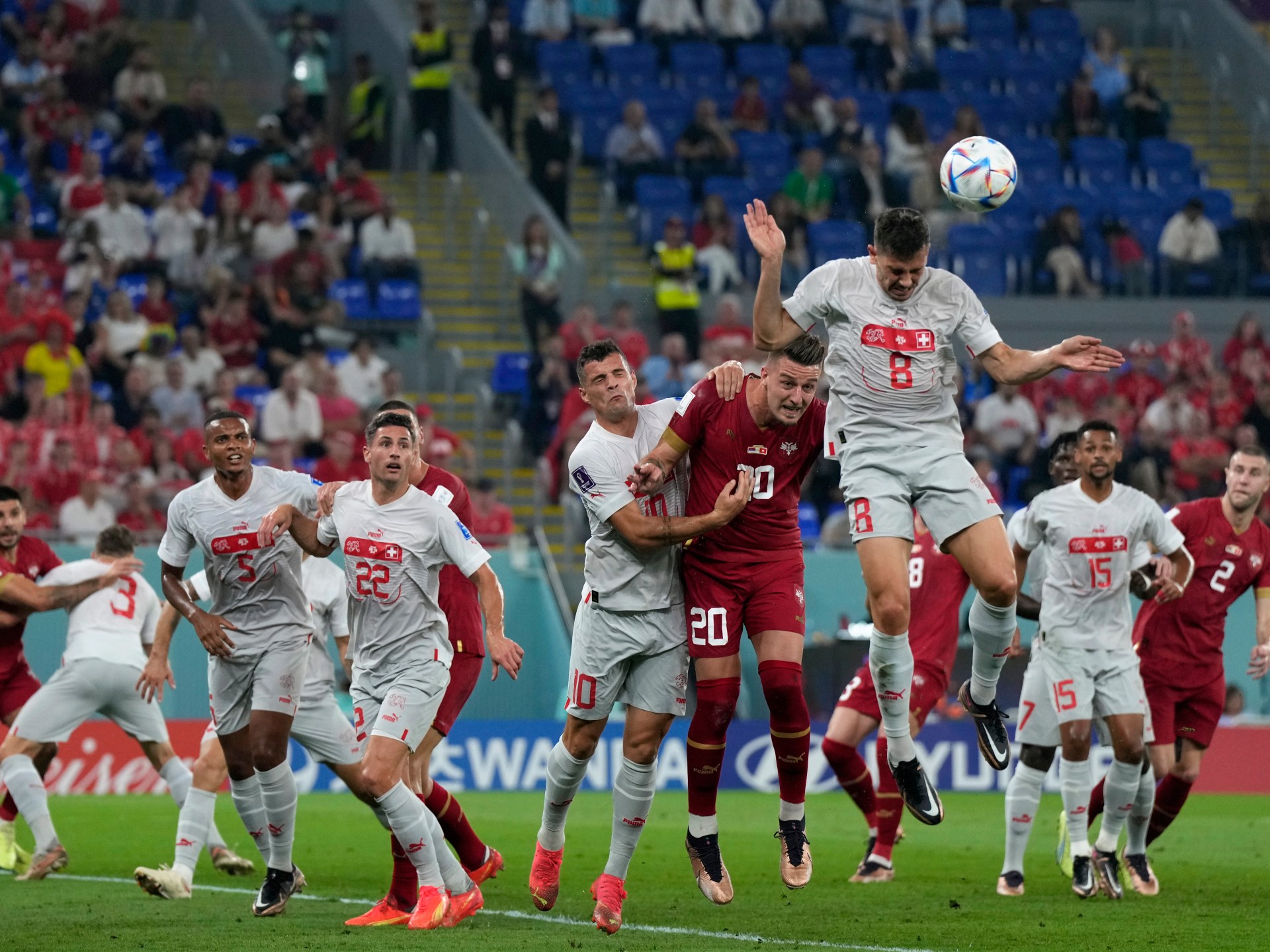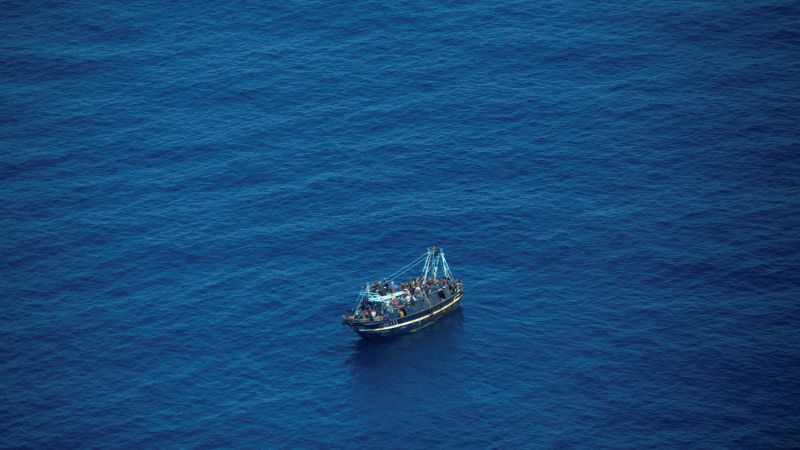A historic opportunity
The second strategic mistake was committed in formulating our policy. The policy that was followed ignored relevant foreign affairs institutions and the Turkish Republic of Northern Cyprus (KKTC) leadership, and was based on the influence and support of certain parts of the society.
Several factors resulted in this happening.
Large capital and media played a key part. Their concentration on EU membership and the Cyprus problem (and maybe the Aegean Sea matter tomorrow), produced a policy of a solution on Cyprus no matter what. The EU membership was seen as the only hope to overcome the large debt burden and the economic problems of the country. People imagined that with the start of membership negotiations, the stock would climb and some would increase their wealth significantly. They also exaggerated the effects of not starting the membership negotiations on the stock exchange.
The government’s policy on Cyprus also followed along similar lines, but due to separate reasons. As some liberal and conservative commentators have openly written, EU membership was seen as a way to weaken the Turkish Armed Services’ (TSK) authority over our democracy and Cyprus was portrayed as an obstacle.
Turkish Cypriots who were sick and tired of continuing economic embargoes and wanted to be treated like human beings also supported this policy. The economic crisis that was imported from Turkey also contributed to this outlook. They had no hope in us.
This policy was shaped by the international community, especially the EU. It accepted the one-sided membership application of Greek Cypriots, in violation of the EU Guarantorship agreement, and provided economic assistance during membership negotiations. Meanwhile, the crippling economic embargo and the segregation of Turkish Cypriots continued. Ignoring whether Greek Cypriots were for an agreement on the island or not, they decided to present them with full membership, forcing the Turkish side to make all of the sacrifices.
The EU, in order to neutralize the TSK, which was expected to resist a solution favoring Greek Cypriots, emphasized the importance of implementing the Copenhagen criteria that aims at leaving the army out of politics. The European Parliament, on the other hand, attacked the founding doctrine of the TSK and the republic, Kemalism, as being an anti-democratic ideology. The National Security Council (MGK) was weakened just in time.
The Annan plan took the authority for finding a solution from institutions and gave it to the people. According to U.N. Secretary-General Kofi Annan a referendum was the way for a nation to express its will. However, the Turkish side that was crippled by the economic embargoes had to accept the plan, seeing EU membership as a way to save itself. A "no" vote would mean the continuation of segregation and suffering. This blackmail tactic was not only anti-democratic, but also illegal.
The government could have tried to formulate a united national stand by domestic institutions and part of the society in order to overcome the problems created by the international community. It did the opposite. It stopped the problem being seen as a national cause in order to formulate a solution acceptable to the international community. It adopted a policy that described KKTC President Rauf Denktas as an enemy and dismissed those who supported a better solution as being marginal nationalists and supportive of the status quo. The Turkish side was dangerously divided.
It seems unlikely that this foreign policy, which is based on personal interests instead of national interests, and was formulated in order to overcome the resistance of the institutions, could be successful. However, what is more important is that our failure to resist economic embargoes, our distrust of our own economic power and our belief that the EU would eventually straighten out the failings in our democracy, shows our defeat. Harmonization with a embellished changes and statements made about uniting with civilization does not change this fact.
Popper says, "Life is solving problems." Toynbee points out that the elements of solutions define civilizations. The identity of persons and nations are defined by solutions.
Even if this solution brings us an EU membership, it will cause a loss, not a victory, in this respect, because we would have captured the historic opportunity through a defeat.



